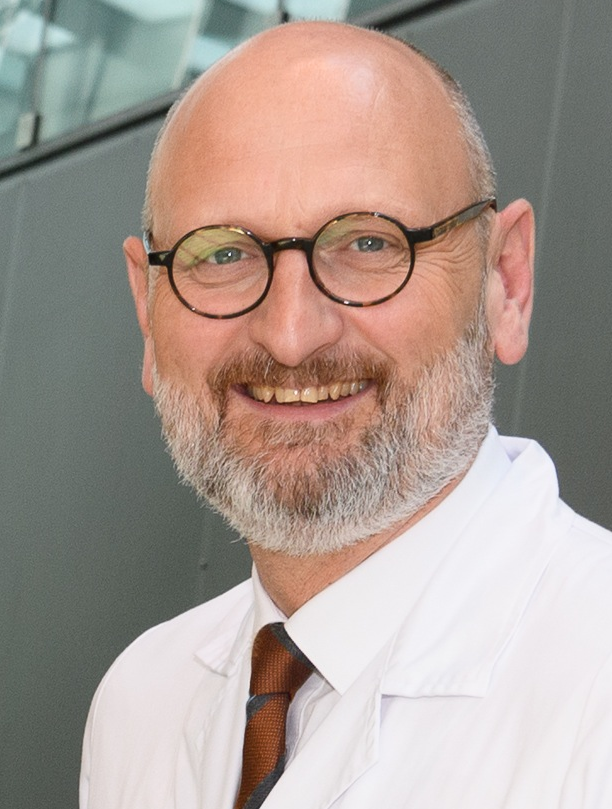

Peter Fickert

Projects within the DK-MCD
| Molecular regulation of adrenal function by bile acids | Lei Liu graduated |
The role of bile acids in lipid and energy metabolism in health and disease |
Alex Zaufel graduated |
Research interest
Our research group investigates the molecular mechanisms leading to cholestatic liver diseases and their systemic complications including cholemic nephropathy, cirrhotic cardiomyopathy, and adrenal gland function with a specific focus on the role of bile acids (BAs) in the pathogenesis and treatment of these disorders. Our previous work on the pathophysiological role of BA-induced hepatocyte injury in cholestatic liver diseases as well as the role of BAs in their treatment resulted in several key publications and international patents on the clinical use of side chain-shortened nor-ursodeoxycholic acid as novel treatment for cholestatic liver diseases (patent WO2006119803) and atherosclerosis (European Patent 07 113 107.2). Consequently, nor-ursodeoxycholic acid is currently tested in a phase two clinical trial in patients with primary sclerosing cholangitis and patient recruitment is finished.
To continue this successful translational research strategy our current work focuses on the systemic BA-induced complications in cholestasis and liver cirrhosis. There is an increasing body of evidence that BAs and their nuclear receptors farnesoid X receptor (FXR) and TGR5 also act as a nutrient sensor complex and critically regulate hepatic lipid and glucose homeostasis. BAs were also shown to influence the highly conserved process of autophagy with a pivotal role in cell development, survival, and homeostasis. Under stress conditions, autophagy induction is generally considered to represent an adaptive role that ensures cell survival. However, the role of deregulated autophagy in human diseases is not well defined and our understanding of how the process contributes to pathogenesis is incomplete. Thus, we currently investigate the hypothesis that chronic cholestasis affects authophagy in different organs via accumulating BAs and their receptors FXR and TGR5, respectively.
Curriculum vitae
| 1987 - 1993 | University education in Medicine, University of Graz, Austria | |
| 1993 | MD at the University of Graz, Austria | |
| 1993 - 1999 | Residency in Internal Medicine and Subspeciality Training in Gastroenterology and Hepatology, Department of Internal Medicine, University Hospital Graz, Austria | |
| 1998 - 1999 | Research fellowship in pathology, Training in Molecular and Cell Biology at the Department of Pathology, University Hospital Graz, Austria | |
| 1999 - 2002 | Subspeciality Training in Gastroenterology and Hepatology, Department of Internal Medicine, University Hospital Graz, Austria | |
| 2002 - 2005 | Subspeciality Training in Intensive Care Medicine, Department of Internal Medicine, University Hospital Graz, Austria | |
| 2003 - 2011 | Associate Professor of Medicine (Tenure), Medical University Graz, Austria | |
| 2011 - | Professor of Medicine, Leader of the Research Unit for Experimental and Molecular Hepatology, Medical University Graz, Austria | |
| 2013 - 2014 | Deputy of the Interim Head of the Division of Gastroenterology and Hepatology | |
| 2014 | GCP Diploma "Klinischer Prüfarzt", Medical University of Graz | |
| 2014 - | Head of the Division of Gastroenterology and Hepatology | |
| 2016 | GCP certificate | |